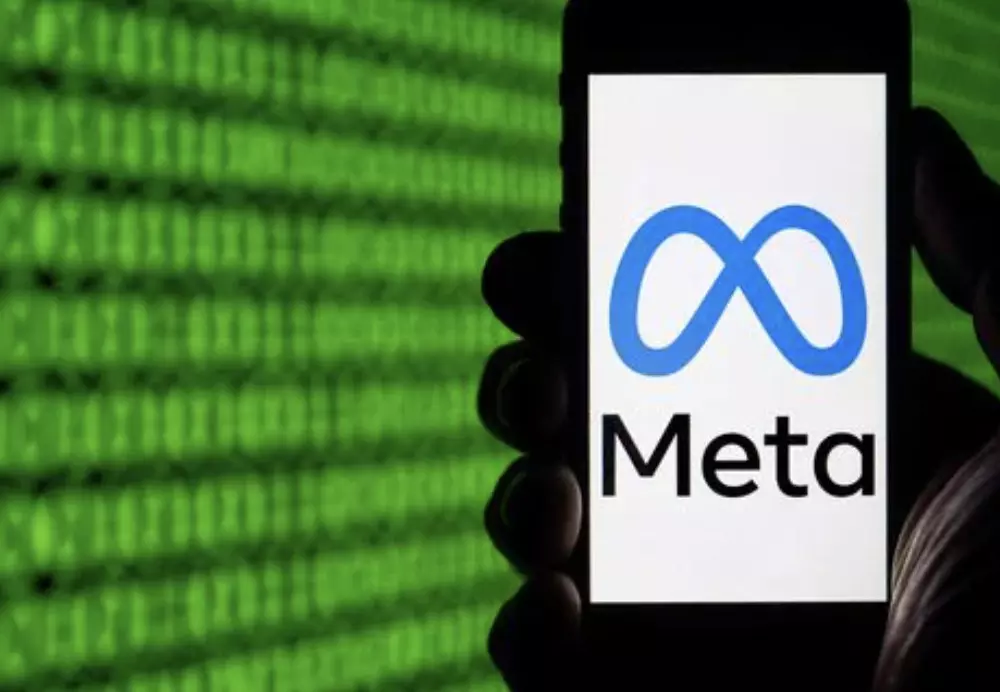Major tech companies commit to stricter hate speech policies under new EU guidelines
Major tech companies commit to stricter hate speech policies under new EU guidelines

Leading technology firms, including Meta (Facebook), Elon Musk's X, and Google (YouTube), have pledged to strengthen their efforts to combat online hate speech as part of a newly updated voluntary code of conduct. This revision aligns with the European Union's Digital Services Act (DSA) and represents a pivotal step in addressing harmful online content.
The European Commission has welcomed this move, emphasizing the critical need for accountability and transparency in how platforms manage user-shared content. Henna Virkkunen, EU Commissioner for Tech, remarked, “In Europe, there is no place for illegal hate, whether online or offline.”
Key Commitments of the Updated Code
The revised code now incorporates stricter measures and broader collaboration to tackle hate speech effectively. Some of the key changes include:
Enhanced Monitoring: Non-profit organizations and public entities with expertise in identifying illegal hate speech will gain direct access to review how tech companies handle hate speech reports. Platforms are required to assess at least two-thirds of flagged content from these entities within 24 hours.
Automated Detection Tools: Companies will implement advanced tools to automatically detect and reduce harmful content, ensuring quicker identification and removal.
Transparency in Algorithms: Platforms must provide detailed insights into how their recommendation systems and algorithms amplify or suppress illegal content before it is removed.
Country-Level Data Publication: To promote accountability, platforms will publish detailed, country-specific data categorizing hate speech by race, ethnicity, religion, gender identity, and sexual orientation. This allows regulators and the public to better understand the scope of the problem and assess the platforms’ responses.
Broad Industry Participation
In addition to major platforms like Facebook, X, and YouTube, the code now includes other social media and tech giants such as Instagram, LinkedIn, Snapchat, and TikTok as signatories. This represents a collective effort to standardize practices and improve accountability across the industry.
Historical Context and the Road Ahead
Originally launched in 2016, the voluntary code of conduct has evolved significantly to address the growing challenges posed by hate speech online. With the integration of the DSA provisions, the new framework underscores the EU's commitment to fostering a safer digital environment.
This update marks a significant turning point in the fight against harmful content, with tech companies taking on greater responsibility to create transparent and inclusive online spaces. The ongoing collaboration between regulators, civil society, and industry players will likely shape the future of digital governance in Europe.

